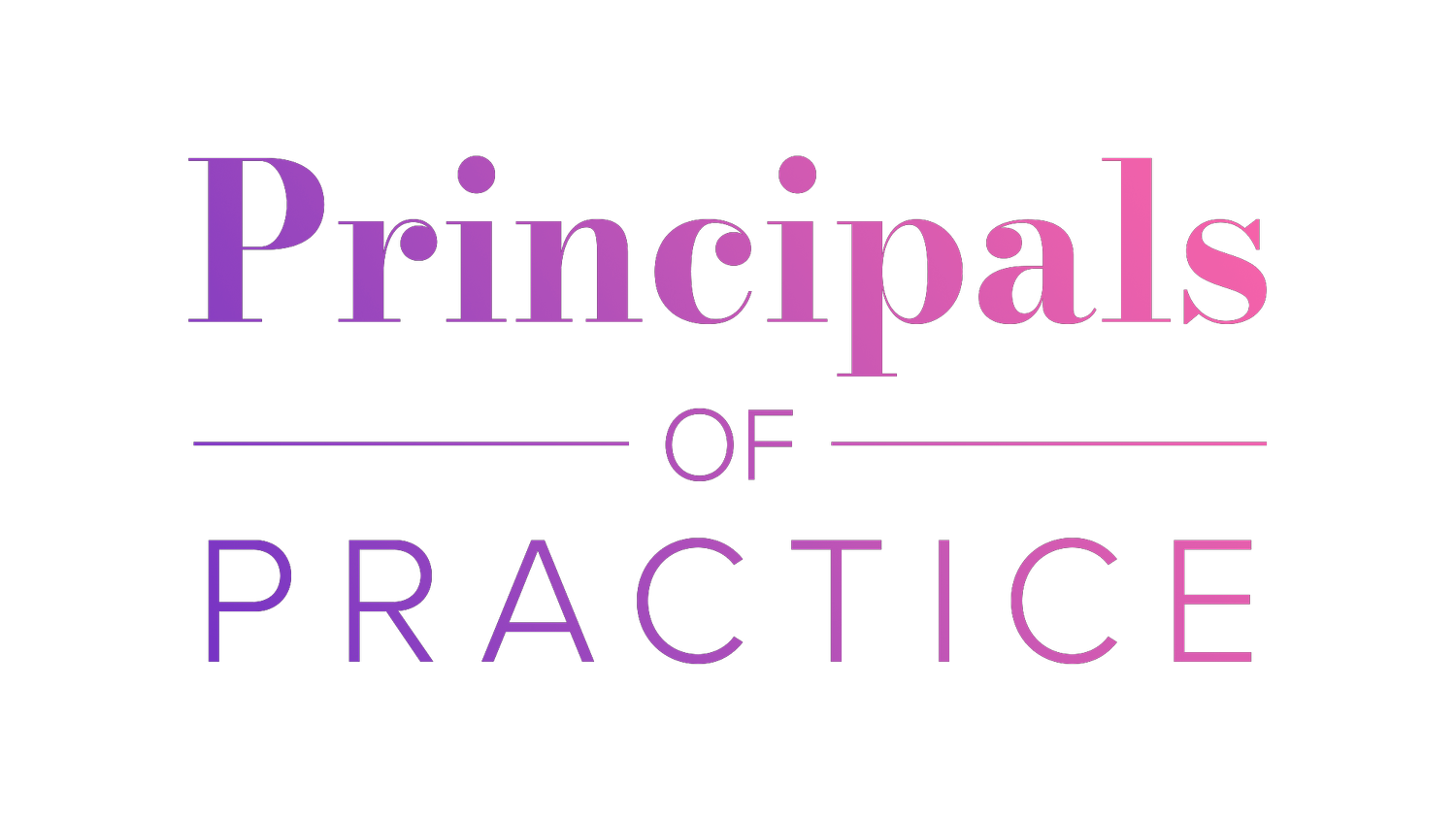What Makes Leadership Programmes Effective?
Insights from Research on What Actually Works
Law firms are investing more than ever in leadership development. But how do you know whether your programme will actually deliver?
Whether you’re developing something in-house or partnering with an external consultant, the question remains: what makes a leadership programme effective? What leads to meaningful learning, behavioural change, and measurable impact?
A robust meta-analysis drawing on over 300 studies, gives us a clear evidence base. While not focused exclusively on legal contexts, its insights are deeply relevant for law firms—where time is tight, expectations are high, and culture plays a major role in how people lead and learn.
The short version: leadership training works. On average, it results in:
A 25% increase in learning
A 28% increase in leadership behaviours on the job
A 20% increase in job performance
An 8% improvement in subordinate outcomes
A 25% improvement in organisational outcomes
But those results aren’t automatic. Here are five strategies shown to make the biggest difference—plus a bonus insight to keep your approach grounded and realistic.
1. Start with a Needs Analysis
It’s tempting to jump straight into designing content. But skipping the needs analysis phase is one of the biggest mistakes firms make.
An effective programme starts with a deep understanding of:
Organisational needs: What’s the firm’s strategy? What are the leadership behaviours needed to get there?
Task needs: What are the specific skills and challenges of leading in this firm?
Personal needs: What do the participants believe they need? What’s their motivation to grow?
When leadership training connects directly to real firm challenges and strategic objectives, it’s far more likely to be seen as relevant—and to translate into real change.
2. Design for Transfer, Not Just Learning
Learning is one thing. Applying it back on the job is another.
The most impactful programmes include features that support transfer, like:
Goal setting
Coaching and feedback
Leadership experiments or action plans
Ongoing reflection and accountability
This could look like peer and individual coaching, bite-sized challenges, structured reflection or regular learning check-ins.
3. Use Active Learning Methods
Programmes that relied only on lectures underperformed compared to those that used active methods:
Role plays, case studies, real-time feedback, and simulations all helped participants shift habits and build confidence.
For lawyers, who are often analytical and cautious learners, this kind of experiential learning is especially powerful, but needs to be framed appropriately for learners to participate openly.
4. Include Feedback and Coaching
Leadership development is as much about self-awareness as it is about skills.
Programmes that included feedback and coaching saw significantly stronger results. This doesn’t have to be one-on-one coaching, group coaching or peer coaching can be effective too.
5. Get the Format and Context Right
Short, focused programmes delivered over time were more effective than long, one-off intensives. Even more important was the organisational context.
Programmes worked best when:
Delivered in-house
Aligned with firm strategy and values
Endorsed by visible leadership
Embedded in a culture that supported the learning
If you’re aiming for real impact, don’t just drop a programme in. Build the right conditions around it.
Bonus Insight: Voluntary vs Involuntary Participation
People who choose to take part in leadership programmes tend to get more out of them than those who are simply told to attend. That said, mandatory programmes can still deliver strong organisational outcomes—likely because more people participate.
The takeaway? Leadership development doesn’t need to be optional, but it does need to feel meaningful. To boost engagement, frame the programme as an opportunity for growth, aligned with the firm’s goals and each individual’s aspirations—not as a box-ticking exercise or a way to fix performance issues. This is especially important for senior lawyers, who are more likely to engage when the purpose is clear and personally relevant.

